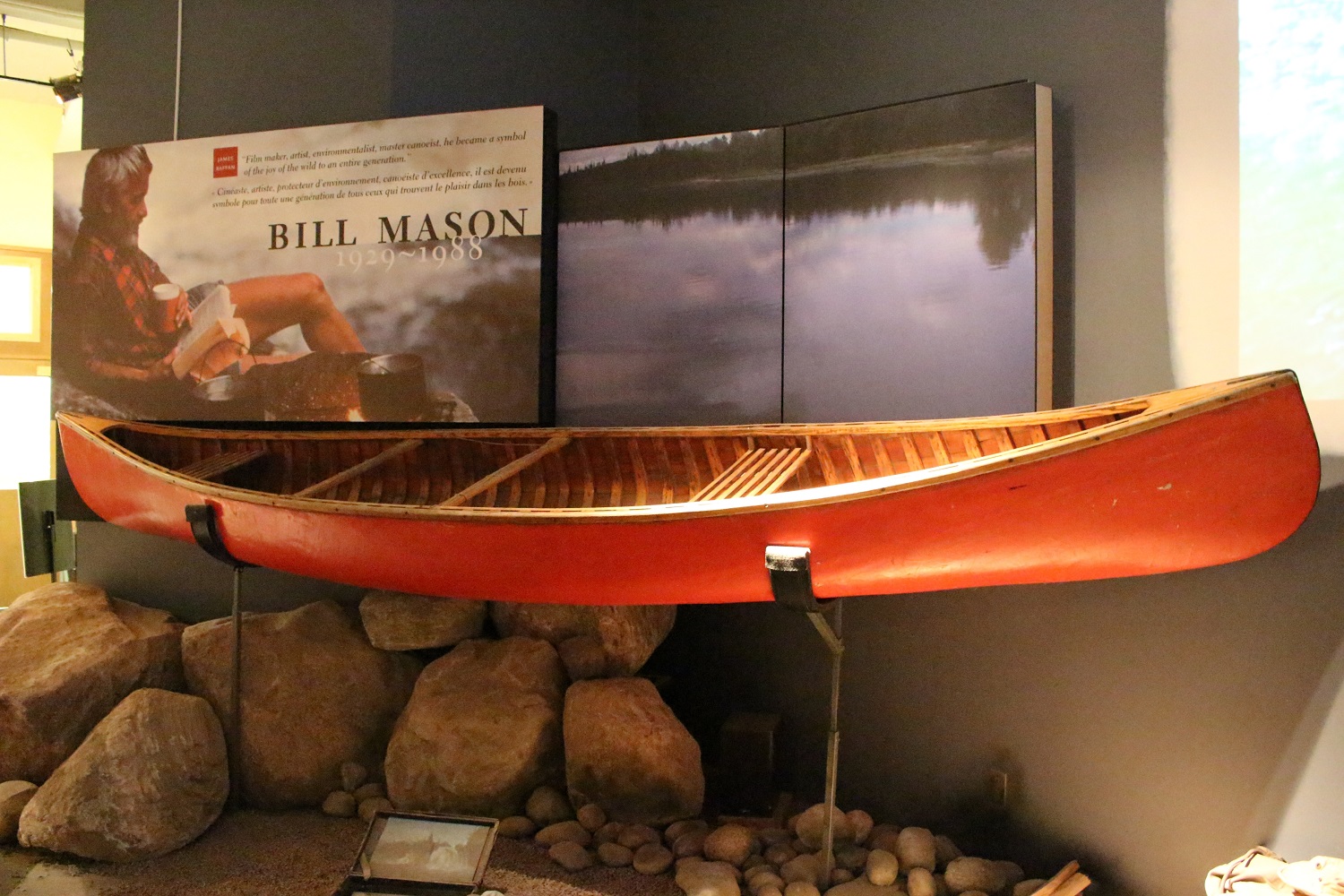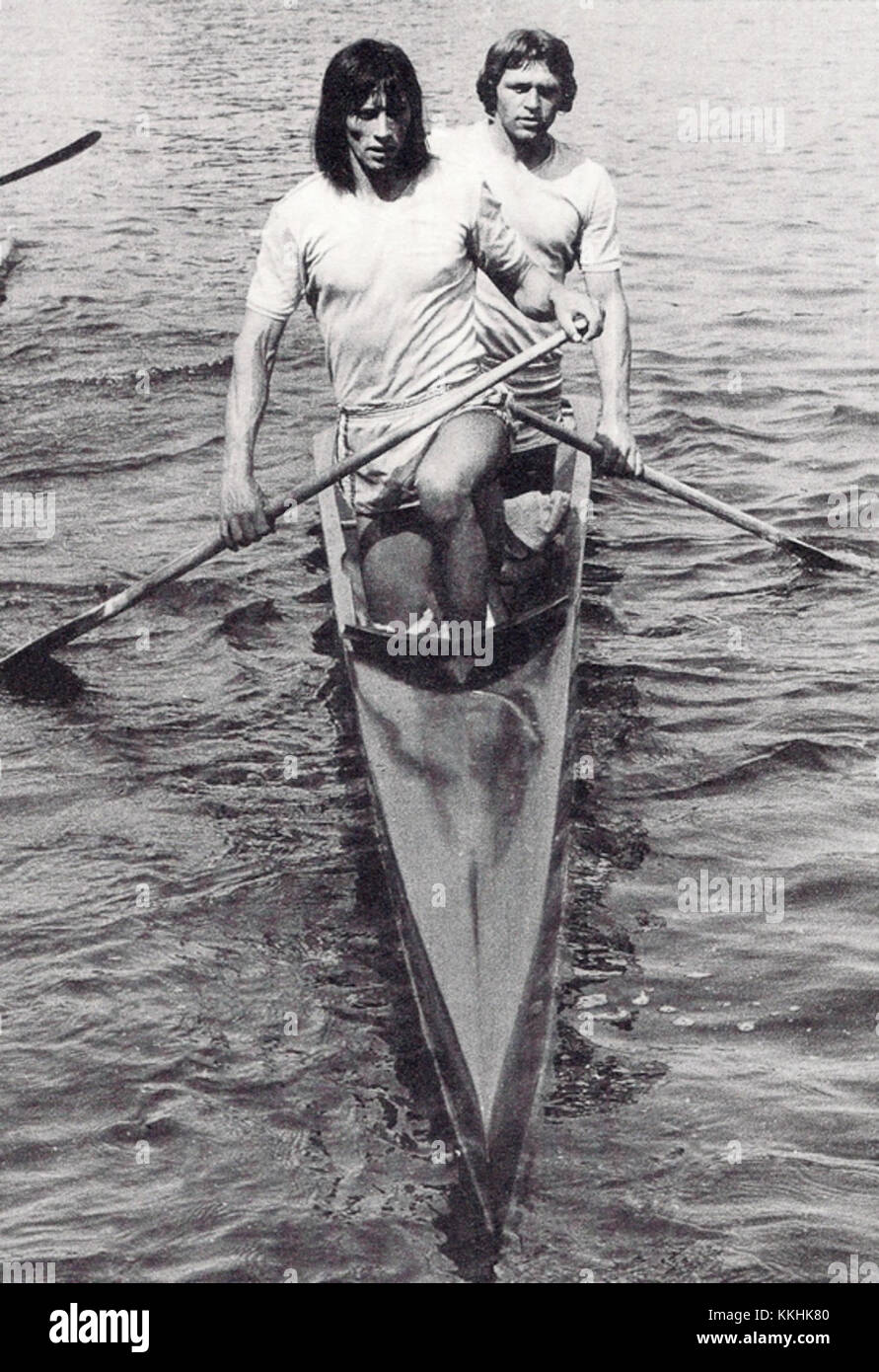
Paddling Through History: Famous Canoeists Who Shaped the Sport and the World
Canoeing, a seemingly simple act of propelling oneself across water with a paddle, holds a rich and multifaceted history. More than just a recreational activity, it has served as a vital mode of transportation, a tool for exploration, and a competitive sport that demands skill, endurance, and unwavering focus. Throughout history, numerous individuals have etched their names into the annals of canoeing, leaving behind legacies of innovation, athletic prowess, and unwavering spirit. This article explores the lives and accomplishments of some of the most famous canoeists, highlighting their contributions to the sport and their impact on the wider world.
Early Explorers and Pioneers:
Before the modern era of competitive canoeing, the canoe played a crucial role in exploration and survival. Indigenous peoples across the globe, from the First Nations of North America to the Māori of New Zealand, developed sophisticated canoe designs and paddling techniques perfectly suited to their environments. Their mastery of canoe navigation allowed them to traverse vast distances, establish trade routes, and maintain contact between communities. While individual names are often lost to history, the collective skill and ingenuity of these early canoeists are fundamental to understanding the sport’s origins.
The European colonization of North America saw canoes become indispensable tools for exploration and trade. Figures like Étienne Brulé, a French explorer who ventured into the Great Lakes region in the early 17th century, relied heavily on canoes to navigate the intricate waterways and establish contact with Indigenous tribes. Similarly, Samuel de Champlain, the founder of Quebec City, utilized canoes extensively in his explorations, mapping vast stretches of the St. Lawrence River and contributing significantly to the geographic knowledge of the continent. These explorers, while not necessarily "canoeists" in the modern sense, demonstrated the versatility and importance of the canoe as a tool for discovery and survival.
The Rise of Competitive Canoeing:
The late 19th and early 20th centuries witnessed the formalization of canoeing as a competitive sport. The emergence of organized races and clubs in Europe and North America spurred the development of specialized canoe designs and training techniques. While pinpointing single individuals as the "founders" is difficult, several figures played crucial roles in shaping the sport’s competitive landscape. In Great Britain, the development of the Royal Canoe Club in 1866 marked a significant milestone, establishing standardized rules and fostering a competitive spirit. Similar organizations sprang up across the globe, contributing to the growing popularity of canoe racing.
Bill Mason (Canada): While not strictly a competitive canoeist in the Olympic sense, Bill Mason’s contribution to the sport is undeniable. A Canadian filmmaker and wilderness enthusiast, Mason produced a series of influential films that showcased the beauty and tranquility of canoeing in the Canadian wilderness. His films, often featuring solo journeys through remote lakes and rivers, instilled a deep appreciation for the sport and inspired generations of paddlers. Mason’s legacy extends beyond mere entertainment; he championed environmental conservation and promoted responsible outdoor recreation, leaving a lasting impact on the culture surrounding canoeing.
Greg Barton (USA): A dominant force in outrigger canoeing, Greg Barton revolutionized the sport with his innovative paddling techniques and unwavering dedication to training. His numerous world championships and record-breaking performances solidified his status as one of the greatest outrigger canoeists of all time. Barton’s influence extends beyond his own achievements; he actively promotes outrigger canoeing and fosters participation across diverse communities. His commitment to the sport and its cultural significance has helped to elevate its profile on a global scale.
Modern Olympic Champions and Icons:
The inclusion of canoeing in the Olympic Games further cemented its status as a major international sport. Numerous athletes have achieved legendary status through their Olympic victories and consistent dominance in international competitions. While listing every Olympic champion would be exhaustive, some names stand out for their exceptional achievements and lasting influence. Athletes like Ivan Štěpánek (Czechoslovakia), a multiple Olympic medalist in various canoeing disciplines, represent the pinnacle of athleticism and dedication within the sport. Their contributions have inspired generations of aspiring canoeists and helped to elevate the competitive level globally.
The Evolution of Canoe Design and Technology:
The history of canoeing is intertwined with the evolution of canoe design and technology. From the simple dugout canoes of ancient civilizations to the sophisticated high-performance kayaks and canoes of today, technological advancements have significantly impacted the sport. While specific inventors are often difficult to pinpoint, the ongoing innovation in materials, hull design, and paddle technology has consistently pushed the boundaries of speed, efficiency, and maneuverability. This continuous evolution is a testament to the enduring appeal and adaptability of the canoe.
Beyond Competition: The Enduring Appeal of Canoeing
While competitive canoeing holds a prominent place in the sport’s history, the enduring appeal of canoeing extends far beyond the realm of formal competition. For many, canoeing represents a connection to nature, a means of relaxation and escape, and an opportunity for adventure and exploration. The quiet solitude of a solo paddle down a tranquil river, the camaraderie of a group paddling expedition, or the thrill of navigating challenging whitewater rapids all contribute to the multifaceted nature of the sport. The legacy of famous canoeists, whether Olympic champions or humble wilderness enthusiasts, lies not only in their achievements but also in the inspiration they provide to others to experience the unique joys and challenges of canoeing.
In conclusion, the history of canoeing is a rich tapestry woven from the threads of exploration, innovation, and athletic achievement. From the anonymous paddlers of ancient civilizations to the Olympic champions of today, the individuals profiled here represent just a fraction of those who have shaped the sport’s development. Their legacies continue to inspire, motivate, and enrich the lives of countless individuals who discover the profound connection between themselves and the water through the simple yet powerful act of paddling a canoe. The enduring appeal of canoeing, a timeless activity that blends human endeavor with the natural world, ensures that its story will continue to unfold for generations to come.



